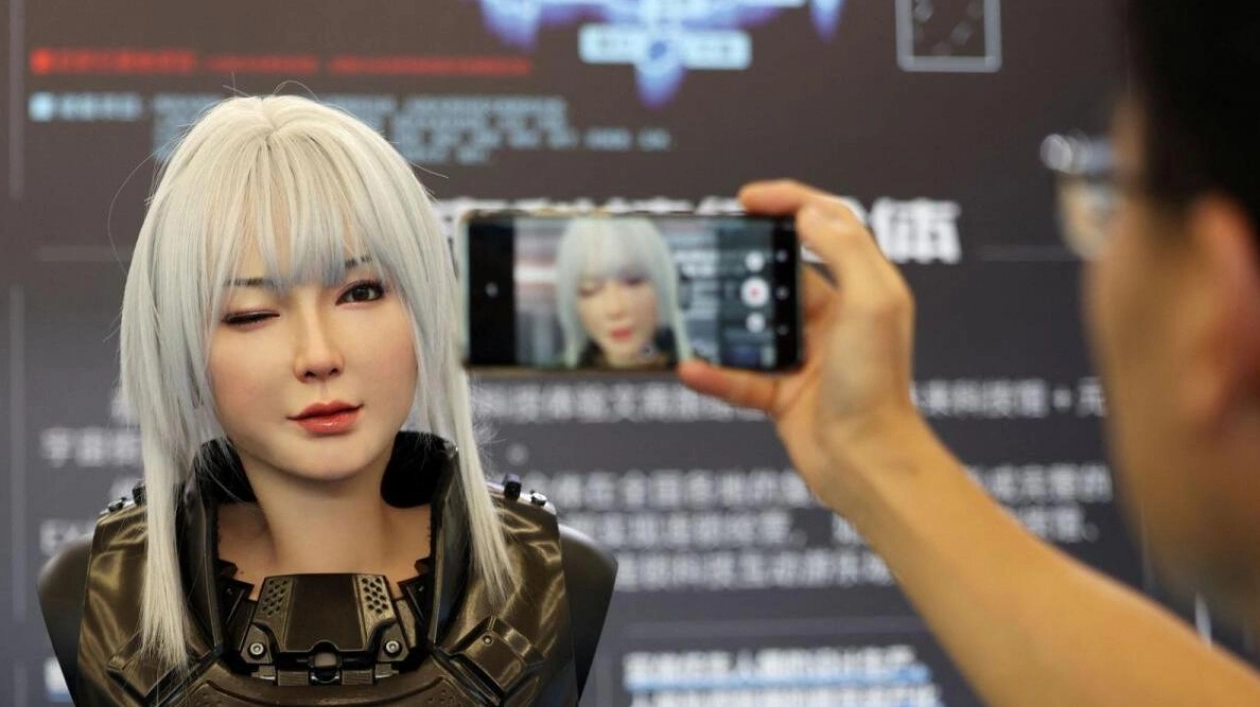As China advances in the development of humanoid robots, the supply chains displayed cost-effective and innovative components at the global robotics conference in Beijing. However, some industry leaders caution that the sector must enhance product reliability. Wisson Technology (Shenzhen), renowned for its adaptable robotic manipulators, does not rely on conventional motors and reducers but employs 3D-printed plastics and pneumatic artificial muscles. This economical method enables the company to offer its flexible arms at a fraction of the cost of traditional robotic arms, according to Cao Wei, an investor in Wisson and partner at Lanchi Ventures. Wisson anticipates introducing robotic arms priced around 10,000 yuan ($1,404) on its website. Cao noted that Wisson's flexible arms could be utilized in humanoid robots and mentioned that the company has already supplied samples to international humanoid robot manufacturers.
Yi Gang, founder of Shanghai-based Ti5 Robot, which specializes in integrated joints, emphasized the need for improvements in the robotics supply chain's product reliability. Due to defect rates, Ti5 Robot can only produce up to 1,000 units. Yi pointed out that harmonic gear, crucial for motion control, remains a significant challenge. China's robotics initiatives are supported by President Xi Jinping's policy to foster 'new productive forces' in technology, as highlighted in the event's brochures. In China, the world's largest industrial robot market, advanced technology is transforming traditional sectors like manufacturing, automotive, agriculture, education, and healthcare.
Gao Jiyang, former executive director at Chinese autonomous driving startup Momenta and founder of Galaxea AI, which focuses on robot hardware and embodied AI, observed that advancements in smart driving are driving progress in robotics. 'Autonomous driving involves AI-enhanced cars, which are a form of robot,' Gao stated. Concluding the conference, Premier Li Qiang underscored the importance of implementing President Xi's directives on the robot industry's significance. Li highlighted the industry's vast potential and called for maintaining supply chain stability and advancing internationally. 'It is essential to promote the expansion and adoption of robots across industries such as manufacturing, agriculture, and services,' he emphasized.






